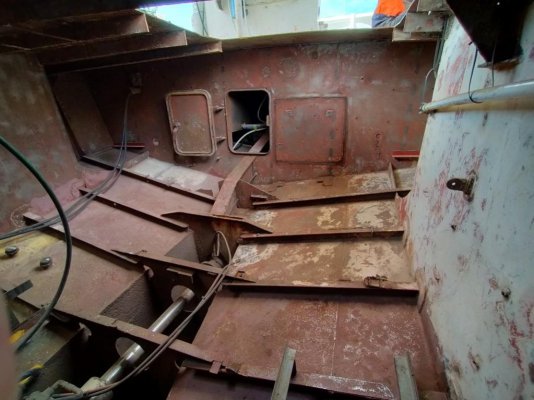Yeah, this is the exciting part.
Right now marine-grade LFP is selling for $1000/kWh, whereas automotive-grade LFP is closer to $100/kWh - the spread will not continue forever. Li-Ion cell prices have dropped 80% in the last 5 years. Solar is not quite as dramatic but similar.
You don't have to have much of an imagination to see where this is going - if you look at e-bikes, scooters, and the million other products which are proliferating because of cheap powerful and safe Li-Ion batteries, it's just a matter of time before you can get, say, a safe marine-grade 100kWh LFP battery pack that nestles into your bilge for about the same price as a 5-10kW generator. At that point it'll make sense to have very powerful alternators (48V or higher) and of course as much solar as you can manage.
With that kind of electrical power on board, induction cooking, electric water heating, even heat pump HVAC start to make a lot of sense, and you're experiencing *increased* comfort and convenience relative to the status quo rather than making sacrifices.
For some people (very low insolation, very long periods at anchor, extreme resistance to change

) a generator will still make sense but I think it's gonna be less and less as things progress. And yes, i know we're not there yet for many/most applications...

 ) a generator will still make sense but I think it's gonna be less and less as things progress. And yes, i know we're not there yet for many/most applications...
) a generator will still make sense but I think it's gonna be less and less as things progress. And yes, i know we're not there yet for many/most applications...
